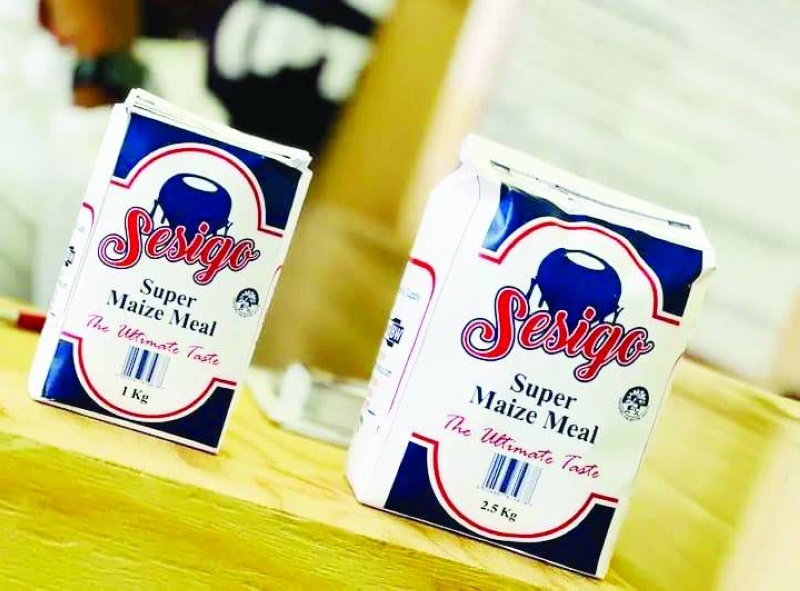Sesigo Maize meal penetrates local market
Chakalisa Dube | Tuesday April 23, 2024 08:31


Established in 2020, the business specialises in milling and distribution of maize meal under the Sesigo brand. Funded by CEDA in 2021, the business started operating in the same year around October.
Oeme has vast experience in maize meal production having worked for firms such as AFGRI Group in the grain management division as country manager before joining Bolux Milling.
He worked for AFGRI from 2007 until 2015, when he joined Bolux, where he would spend a year. “After leaving Bolux, my immediate goal was to establish my own business. However, I realised that to succeed in entrepreneurship, I needed a solid understanding of financial management.
“That's why I made the decision to relocate to Serowe (his home village) and pursue a CIMA qualification. I could not only rely on my technical expertise to run the business,' explained the 39-year-old budding entrepreneur. Although he is from Serowe, Oeme set up the business in Selebi-Phikwe to take advantage of a portfolio of government incentives aimed at making the SPEDU region more attractive to investors, following the closure of the BCL Mine. The incentives include amongst others, a five percent corporate tax for the first five years followed by 10% for an indefinite period, as well as 30% guaranteed government off-take.
“Our product has been widely received in the market because the quality we offer is exceptional compared to what is mostly available on the market. Most of the maize meal that is available in the local market is fine super maize meal. However, the market prefers maize meal, which is a bit coarse, and it is what we are offering at Sesigo,” Oeme said.
Sesigo products are mostly found at Shoppers and Saverite supermarkets around the country but there are plans to list in other shops soon. Oeme said they are overwhelmed by the demand of their product and they are relatively struggling to meet the demand. “Our plant is running at 1.5 tonnes per hour, but we cannot feed it.
One of the reasons why we cannot scale up production is because grain is very expensive. We intend to expand the business in the near future. At the moment our focus is on stabilising the business and fulfilling obligations to our funders,” he said. Like many businesses, Sesigo has encountered obstacles along the way. In June 2022, operations had to halt due to a mechanical fault in one of the key production machines. Efforts to acquire additional finance amounting to P200, 000 from CEDA to fix the machine failed. Last July, a good Samaritan, who is now part of the business, stepped in to provide financial support to fix the machine. Sesigo currently has 16 employees including Oeme and his partner.
